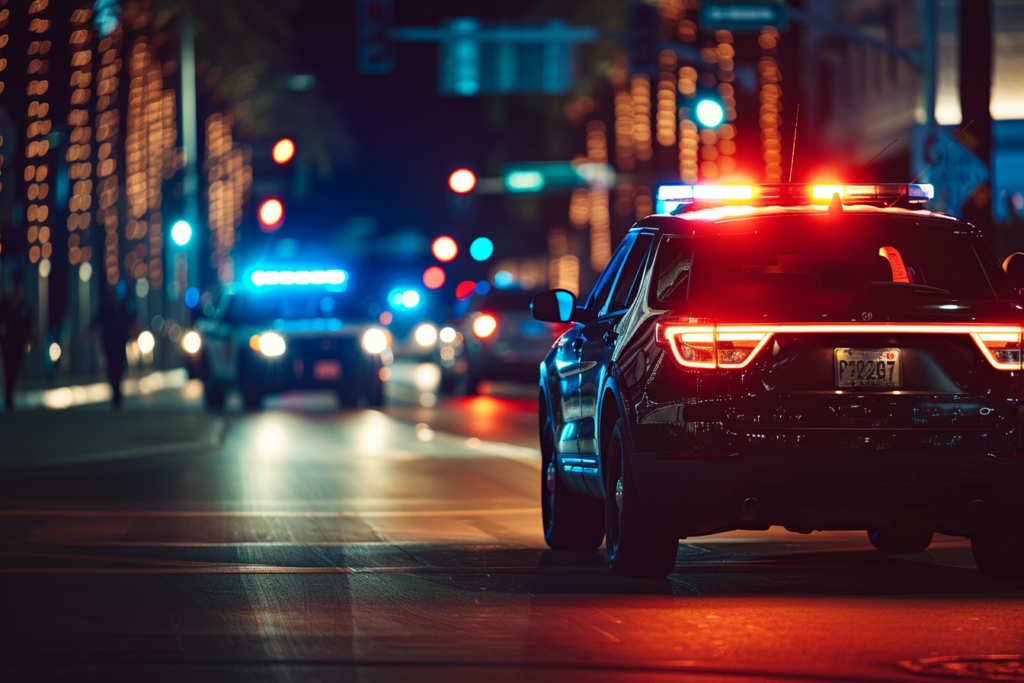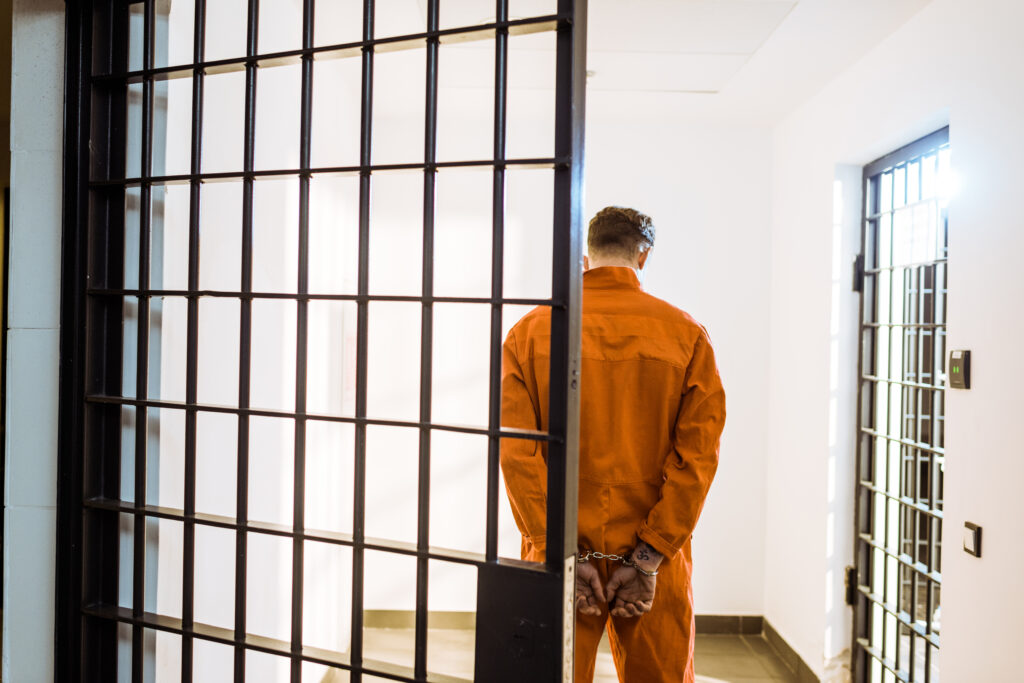Top Strategies to Challenge a Breathalyzer Test
In the realm of traffic law enforcement, the breathalyzer is a commonly used tool to measure a driver’s blood alcohol content (BAC). However, the accuracy of this device and the procedures surrounding its use can sometimes be contested. If you find yourself in a situation where you believe a breathalyzer test may not reflect the true state of your sobriety, knowing how to challenge the results could be crucial. Let’s delve into the various ways one might question the breathalyzer’s findings and navigate this complex area of the law.
Understanding Breathalyzer Tests
Before we explore the methods to challenge a breathalyzer, it’s essential to understand what it is and how it operates.
What is a Breathalyzer?
A breathalyzer is a device that estimates a person’s BAC by measuring the amount of alcohol in their breath. It’s a quick way for law enforcement to assess whether a driver is impaired. The legal BAC limit in most states is 0.08%, and exceeding this level can result in a Driving Under the Influence (DUI) charge.
How Does a Breathalyzer Work?
When you consume alcohol, it gets absorbed into your bloodstream and eventually into your lungs. As you breathe out, the device detects the presence of alcohol molecules and uses this information to calculate your BAC.

Potential Flaws in Breathalyzer Tests
Despite its convenience, the breathalyzer isn’t foolproof. Several factors can affect its accuracy, potentially leading to a false reading.
Machine Errors
Breathalyzers require regular calibration and maintenance. Failure to adhere to these requirements can lead to incorrect readings. Additionally, certain electronic devices or radio waves can interfere with the breathalyzer, causing it to malfunction.
Physiological Variations
Individual physiological factors such as breathing patterns, body temperature, or medical conditions like acid reflux or diabetes can impact the test results.
Environmental Factors
External factors like the presence of chemicals, fumes, or even certain weather conditions can also skew the results of a breathalyzer test.
Legal Considerations When Challenging a Breathalyzer
It’s important to note that laws surrounding DUI charges and breathalyzer use vary by state. However, there are common legal precedents and procedures that allow for the challenge of a breathalyzer result in court.
The Right to Challenge
If you’re faced with a DUI charge based on a breathalyzer result, you have the right to challenge the accuracy of the device and the conditions under which the test was administered.
Evidentiary Requirements
The prosecution must prove that the breathalyzer was functioning correctly and that the test was administered properly. If you can introduce reasonable doubt about the accuracy of the test, it may be possible to have the results dismissed.
Strategies to Challenge a Breathalyzer
Challenging a breathalyzer involves careful consideration of the technical and procedural aspects of the test. Here are some strategies that may be employed:
Questioning the Calibration and Maintenance
You can request records of the breathalyzer’s maintenance and calibration. If the device wasn’t calibrated correctly or within the recommended time frame, the results could be deemed unreliable.
Examining Test Administration Procedures
Improper administration of the test can also be grounds for challenging the results. For instance, if the law enforcement officer did not observe the standard 15-minute waiting period before administering the test, the results could be affected by residual alcohol in the mouth from recent drinking or other substances.
Medical and Dietary Factors
If you have a medical condition or were on a particular diet that could produce a high BAC reading, you can bring this up as part of your defense. For example, a ketogenic diet can create acetone in the breath, which some breathalyzers may interpret as alcohol.
Investigating the Possibility of Residual Alcohol
The presence of mouth alcohol, which can be caused by recent use of mouthwash or dental work, can lead to false positives. A skilled attorney can probe into these possibilities to challenge the breath test results.
Testing During the Absorptive Phase
The body absorbs alcohol over time, and testing during the “absorptive phase” could yield higher BAC readings than the true level of impairment. Timing is a critical factor that may be scrutinized.

Case Studies of Successful Breathalyzer Challenges
Real-life examples can showcase how some individuals have successfully contested breathalyzer results.
Case of Faulty Calibration
In one case, a defendant discovered through maintenance logs that the breathalyzer used had a history of faulty readings due to improper calibration, leading to the dismissal of the DUI charge.
Case of Medical Condition Defense
Another individual was able to demonstrate that their diabetes caused a false high reading due to the presence of ketones in their breath, which the device misinterpreted as alcohol.
Expert Testimony in Breathalyzer Challenges
Expert witnesses, such as forensic toxicologists, can play a pivotal role in challenging breathalyzer results. They can provide insight into the device’s functionality and potential errors, as well as testify about physiological factors that could affect the test outcome.
The Role of Legal Representation
Navigating a DUI charge and challenging a breathalyzer test requires a nuanced understanding of the law. Enlisting the services of an experienced DUI attorney can significantly increase the chances of a successful challenge.
Finding the Right Attorney
When looking for legal representation, it’s crucial to choose an attorney who specializes in DUI cases and has experience with breathalyzer challenges.
Building a Defense Strategy
A competent attorney will assess all aspects of the breathalyzer test and the circumstances surrounding your case to develop a robust defense strategy.
Takeaways
If you’re facing a DUI charge based on a breathalyzer result, remember that there are legitimate ways to challenge the accuracy of the test. Understanding the potential flaws in breathalyzer tests, the legal grounds for challenging results, and the strategies that can be employed can be the key to a successful defense.
Stay informed, seek the right legal assistance, and know that a breathalyzer result is not the final word on your level of impairment. With a solid defense, you have the opportunity to contest the charge and protect your rights.
Final Note
If you find yourself in need of legal assistance to challenge a breathalyzer result or navigate a DUI charge, it’s essential to seek professional help. The Win Law Firm specializes in DUI cases and has a proven track record of successfully contesting breathalyzer results. With their expertise, you can ensure that your rights are protected and that you receive the most robust defense possible. Contact The Win Law Firm today to schedule a consultation and take the first step toward a favorable outcome.
